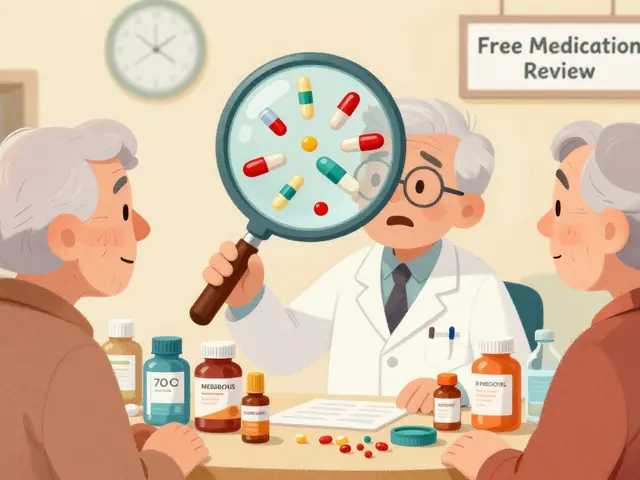Intestinal Parasites: Spot, Treat & Prevent Common Infections
If you’ve ever felt a mysterious stomachache, unexplained weight loss, or a sudden urge to run to the bathroom, you might wonder if a parasite is to blame. Intestinal parasites are tiny organisms that live in your gut and feed off your nutrients. Most people think they only affect travelers, but the truth is they’re more common than you’d expect, especially when hygiene or food safety slips.
Common Signs and Symptoms
Parasites rarely announce themselves with fireworks. The most frequent clues are persistent diarrhea, bloating, or gas that doesn’t improve with regular diet changes. You might also notice fatigue that feels out of proportion to your activity level—your body is losing nutrients to the unwanted guest. Some people develop an itchy rash around the anal area, known as pruritus ani, which is often a dead giveaway.
Weight loss without dieting is another red flag, especially if you’re eating the same amount of food. If you’ve been in a region with questionable water quality, or you’ve eaten undercooked meat or fish, keep an eye on these symptoms for a couple of weeks. Children are especially vulnerable, so watch for sudden changes in appetite or growth patterns.
How to Diagnose and Treat
When you suspect a parasite, the first step is a stool test. Your doctor will ask for a fresh sample and may repeat it over a few days to catch the organism. Some parasites show up in blood tests, especially if they’ve spread beyond the gut.
Treatment depends on the specific parasite, but most infections are cleared with a short course of prescription medication. For example, albendazole works well against roundworms, while metronidazole targets Giardia. It’s important to finish the entire prescription, even if you feel better, to avoid a relapse.
Alongside medication, doctors often recommend a probiotic to help restore healthy gut bacteria. Drinking plenty of water and eating fiber‑rich foods can also speed recovery by flushing out the parasite’s waste.
If you’re looking for over‑the‑counter options, be cautious. Supplements marketed for “parasite cleanse” vary widely in quality and may not contain proven ingredients. Always check with a healthcare professional before starting any self‑treatment.
Prevention is the best cure. Wash your hands thoroughly with soap before meals and after using the bathroom. When traveling, drink bottled or boiled water, and avoid raw or undercooked meat and fish. Clean kitchen surfaces regularly and keep fruits and vegetables washed.
In homes with pets, keep their deworming schedule up to date. Many parasites can jump from animals to humans, so regular vet visits protect both your furry friend and you.
Remember, most intestinal parasite infections are treatable and rarely life‑threatening when caught early. If you notice any of the symptoms above, don’t wait—talk to a doctor, get a stool test, and get back to feeling normal fast.
How to Protect Your Family from Worm Infections at Home
Learn practical steps to stop worm infections at home. From hygiene habits to safe play, deworming schedules and quick screenings, keep your family parasite‑free.
View More




